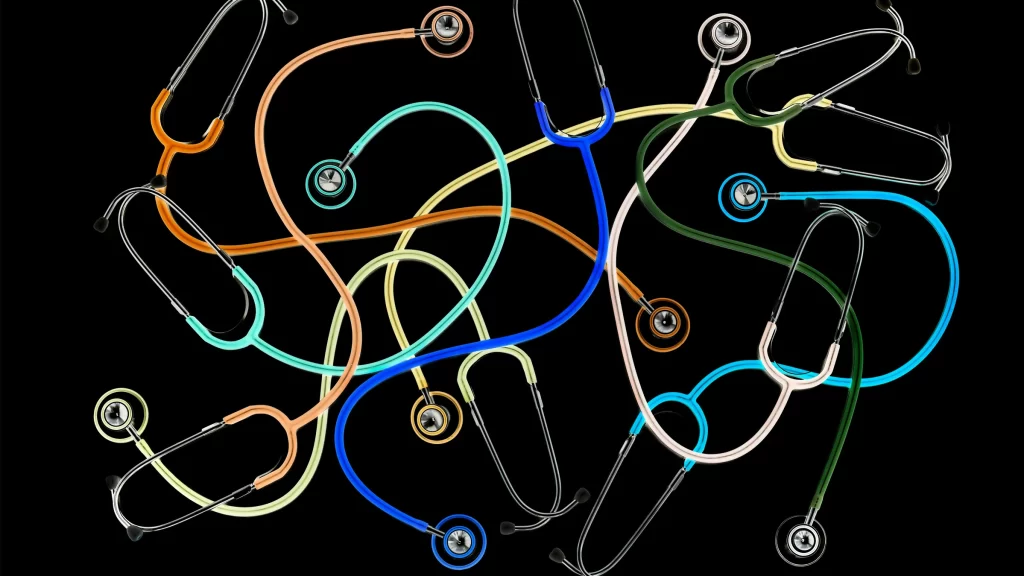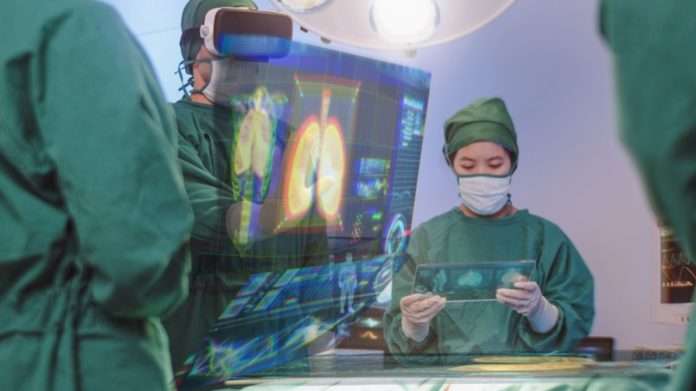In a ground-breaking study, Dutch researchers found that ChatGPT, an OpenAI chatbot with artificial intelligence, can diagnose ER patients with a level of precision comparable to that of human doctors. This discovery not only emphasises the crucial role that human medical professionals continue to play in healthcare but also has the potential to completely transform the field of medicine.
The Study And Its Consequences
The study, which was released on September 13, 2023, emphasised that while ChatGPT and other forms of AI can speed up the diagnostic process, they shouldn’t take the place of a healthcare professional’s expertise and medical judgement. The study examined 30 emergency cases handled in the Netherlands in 2022. ChatGPT was given anonymized patient histories, laboratory test results, and physician observations, and was then tasked with coming up with five potential diagnoses for each case.
AI vs. Human Physicians
The outcomes were astounding. Version 3.5 of the chatbot outperformed human doctors, who had an accuracy rate of 87%, when comparing the top five diagnoses recommended by ER doctors with those provided by ChatGPT. Version 4.0 of ChatGPT’s 87% accuracy matched that of the physicians.
The results were summarised by Hidde ten Berg of the emergency medicine division at the Jeroen Bosch Hospital in the Netherlands, who said that “ChatGPT was able to suggest medical diagnoses much like a human doctor would.”
The Complementary Role of AI
It’s important to note that this study emphasises the complementary rather than the replacement role of AI in healthcare. Steef Kurstjens, a co-author, emphasised that while the chatbot cannot replace doctors, it can help them with diagnosis and perhaps even come up with some fresh ideas.

Problems And Privacy Issues
The study makes the important point that large language models like ChatGPT were not initially intended to be medical devices. When considering the incorporation of private and delicate medical data into a chatbot, privacy concerns also take centre stage.
The study also revealed some ChatGPT limitations. The chatbot’s logic occasionally appeared medically implausible or inconsistent, which could have caused misunderstandings or incorrect diagnoses. Additionally, the study’s sample size was quite small, with only 30 cases, the majority of which featured patients with a single primary complaint. It is still unclear whether ChatGPT is effective at diagnosing more difficult or rare diseases.
AI’s Role In Healthcare In The Future
The study’s findings nevertheless present intriguing opportunities for the application of AI in healthcare. It may be able to shorten wait times in emergency rooms, assist less-experienced medical professionals, or even help detect rare diseases. In Barcelona in 2023, the study will be presented at the European Emergency Medicine Congress (EUSEM).
ChatGPT shows the promising role that AI can play in the medical field, offering both assistance and the potential to improve healthcare outcomes, even though it may not be able to replace the ER doctor.






